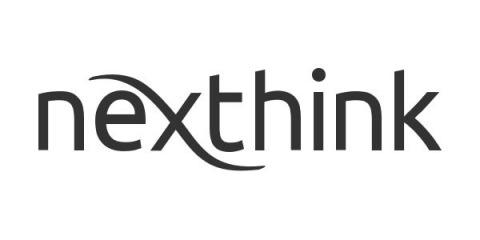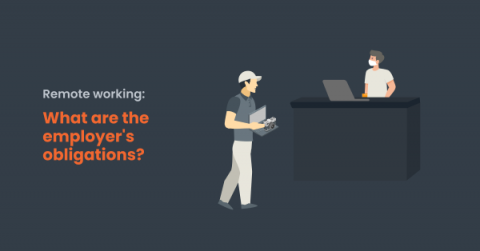The Return to the Office: Major Companies Investing in Flexible Workplaces
For much of the past two years, businesses have been looking ahead to an eventual return to the office – a return that has been frequently delayed and disrupted by the unpredictable nature of the COVID-19 pandemic. But with some employees resistant to returning, companies are looking for new options to entice employees back. It may not be a return to the office at all, but instead a movement towards an entirely new way of working together.











